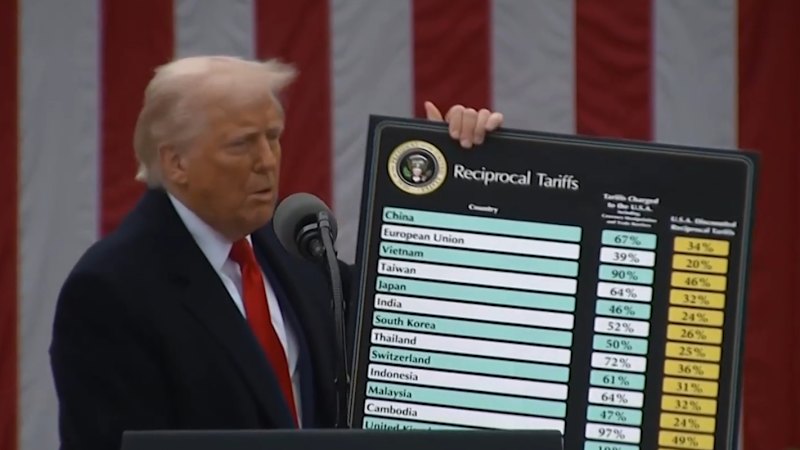
The President of the United States, Donald Trump, has announced plans to impose a staggering 200 percent tariff on all imported pharmaceuticals from Australia. This proposal, if enacted, could significantly impact Australia’s economy, given that pharmaceuticals rank as the country’s second-largest export to the United States.
The announcement came during a press briefing on January 15, 2024, where Trump stated the tariffs are intended to protect American jobs and bolster domestic production. He emphasized the need for the U.S. to reduce its reliance on foreign pharmaceutical products. This decision aligns with his broader agenda of promoting American industries and prioritizing national interests.
Potential Economic Impact on Australia
Australia’s pharmaceutical sector generates substantial revenue, with exports to the United States valued at approximately $3.5 billion annually. A tax increase of this magnitude could create a ripple effect on various stakeholders, including manufacturers, healthcare providers, and consumers. The Australian government has expressed serious concerns regarding this proposed tariff, which could lead to increased medication prices and limited access for patients.
The Australian Minister for Trade, Dan Tehan, has urged the U.S. administration to reconsider the tariffs. He highlighted the longstanding trading relationship between the two nations and the importance of pharmaceuticals in ensuring public health. “Tariffs will hurt not just our economy but also the American consumers who rely on these vital products,” Tehan stated.
Response from the Global Community
Responses to Trump’s announcement have been swift, with various international trade organizations and health advocates voicing their disapproval. The World Trade Organization (WTO) has warned that such tariffs may violate existing trade agreements, potentially leading to protracted disputes. Advocacy groups are concerned that the tariffs could disrupt global supply chains and hinder efforts to combat health crises.
Pharmaceutical companies in Australia are also bracing for the potential fallout. Many fear that the increased costs could force them to reconsider their operations and investments in the U.S. market. The looming threat of tariffs has already led to discussions about diversifying export markets to mitigate potential losses.
Trump’s administration has faced scrutiny for its approach to international trade, particularly in sectors critical to public health. Critics argue that the proposed tariffs undermine global cooperation needed to address health challenges, especially in the wake of the COVID-19 pandemic.
As the situation develops, both Australian officials and industry leaders are calling for dialogue with the U.S. government to find a resolution that protects jobs without compromising public health. The outcome of these discussions will determine the future of pharmaceutical trade between Australia and the United States, as well as the broader implications for international trade relations.






